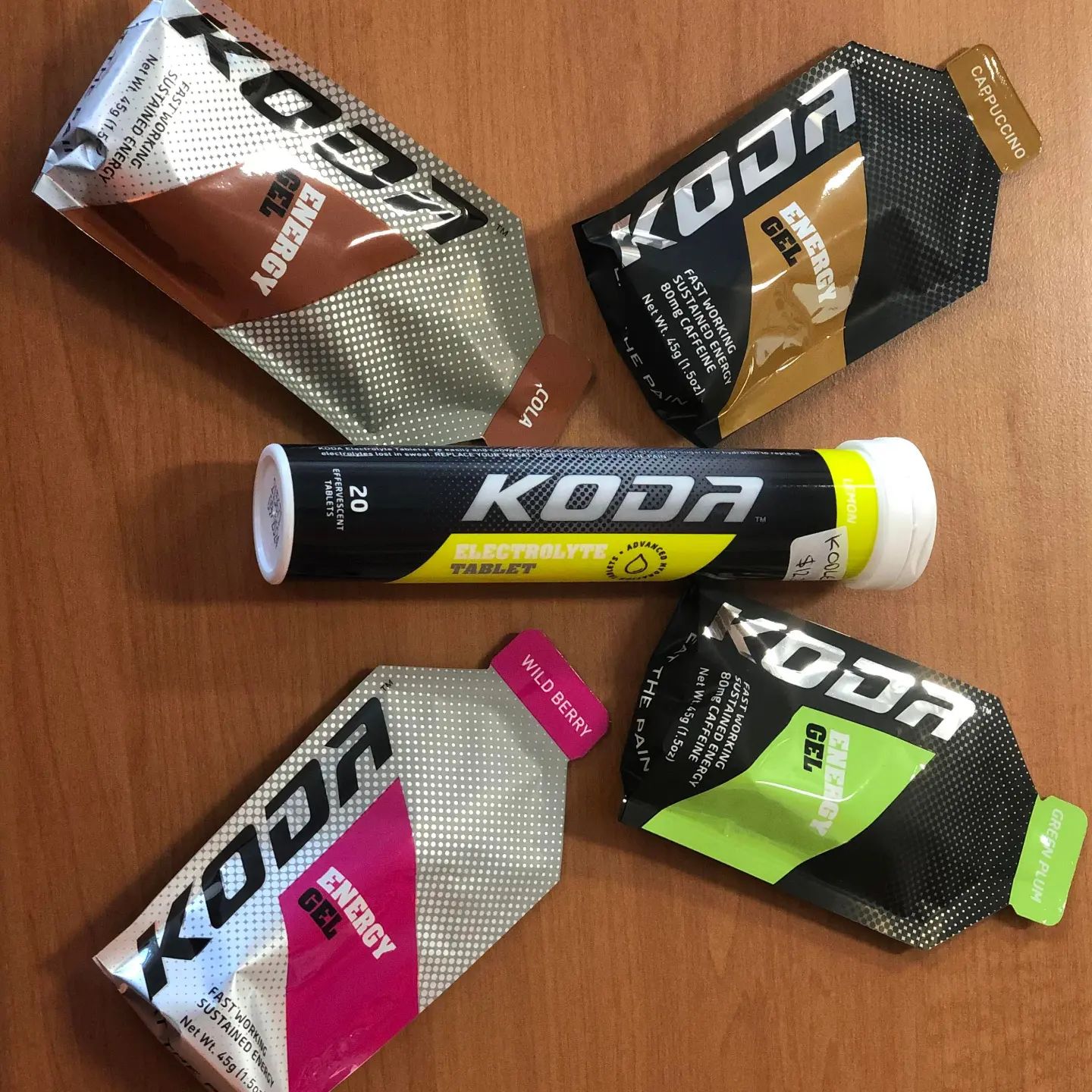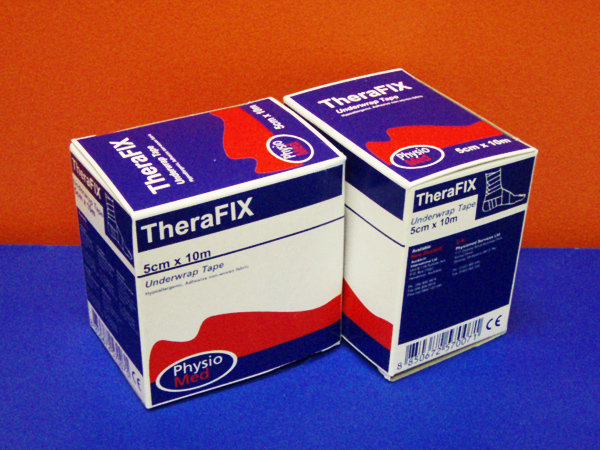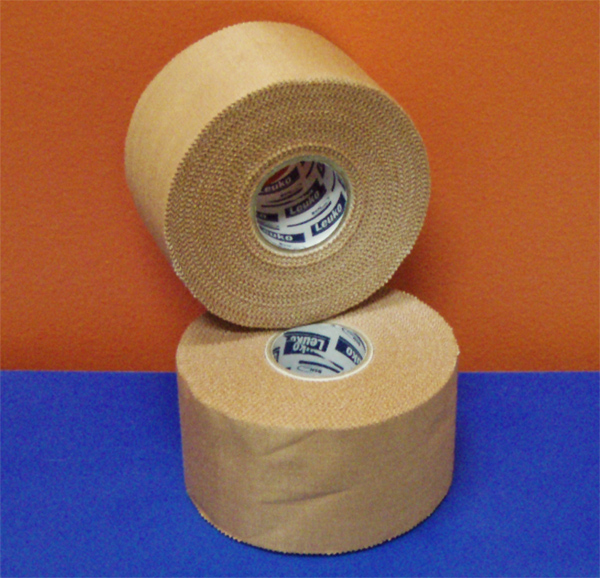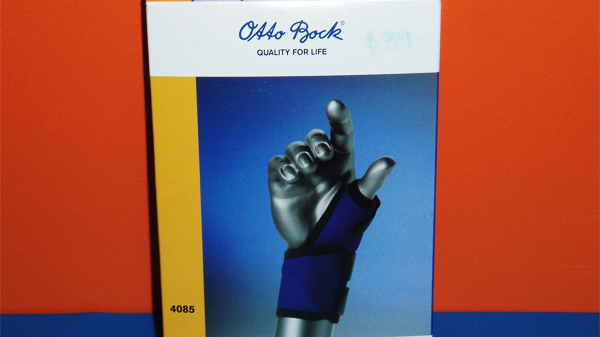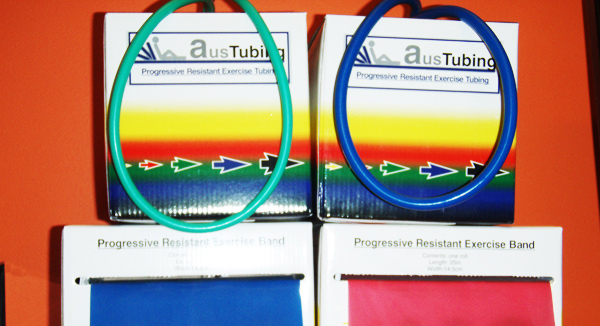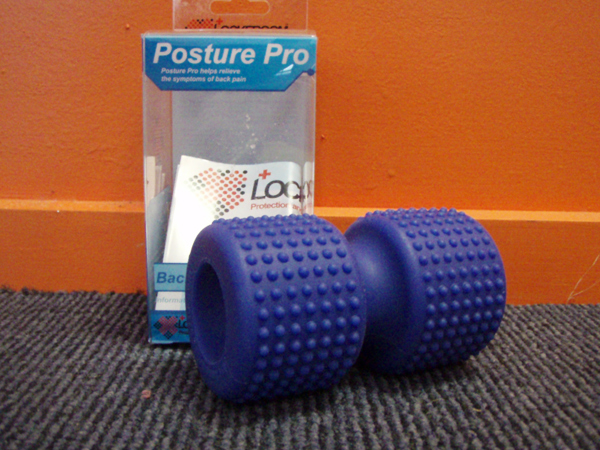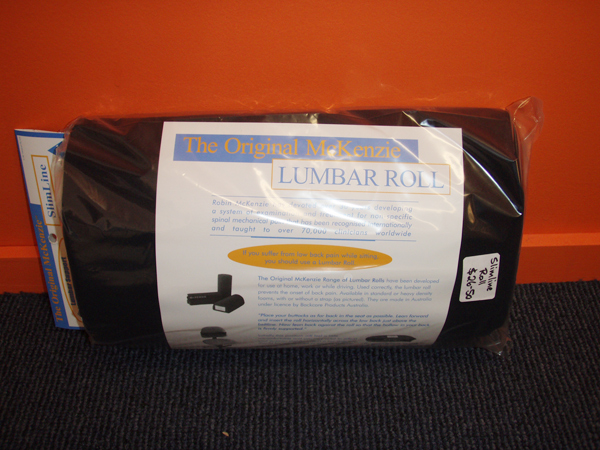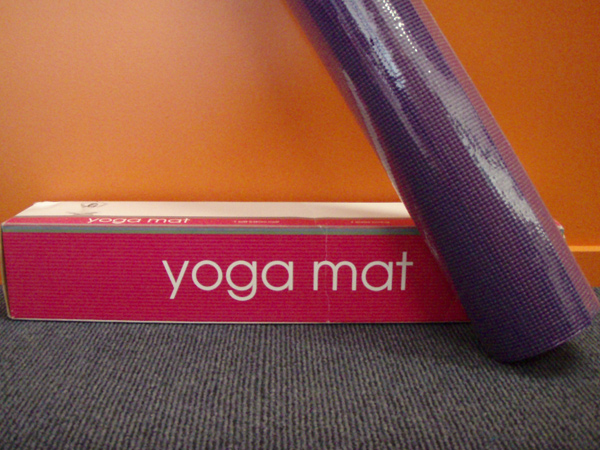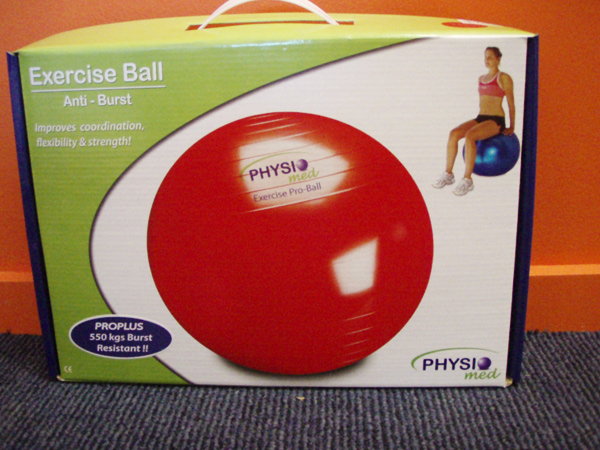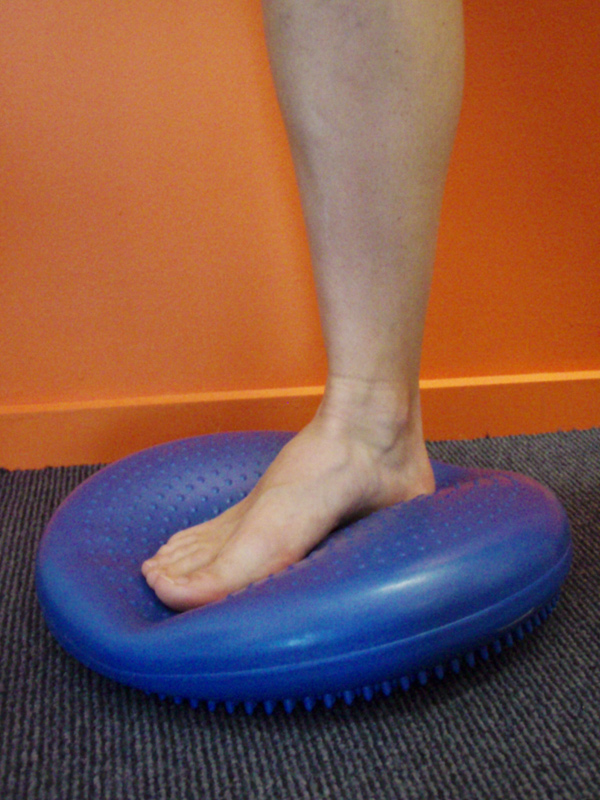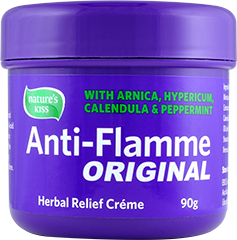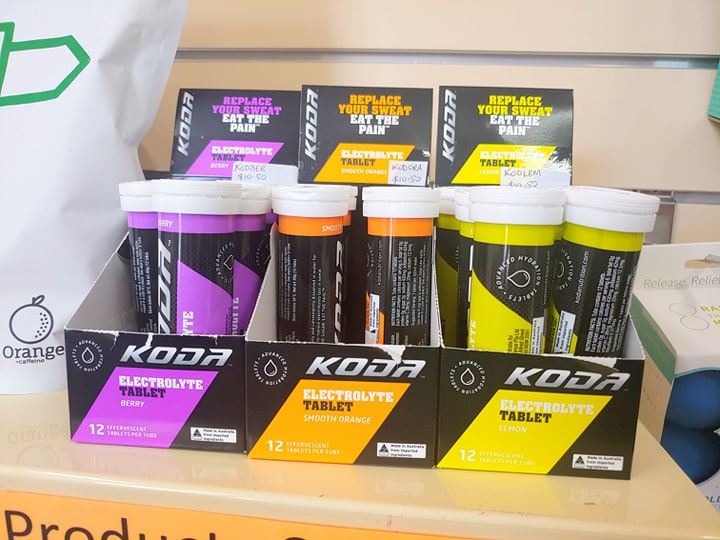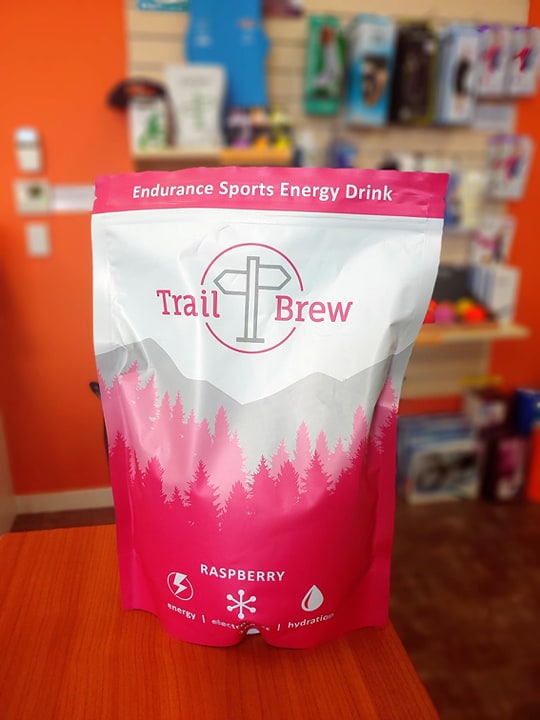Written by Rebecca Evans [B. Hlth Sci (Nut & Diet) (Hons.), APD, AN B App Sci (HMS) (Hons.)]
Some of the main varieties of milk alternatives currently available on the supermarket shelf are Almond, Rice, Soy, Coconut, Hemp, and Oat with many new varieties popping up in health food stores and supermarkets weekly. So how do you decide which is best for you? Taste, mouth feel, consistency and price can all play a role in your choice; however, it should be noted that the nutritional value of each variety can vary dramatically and should be taken into consideration when making your decision.
So if you’ve decided non-dairy milk is right for you or if you’ve been diagnosed as lactose intolerant/sensitive, milk alternatives can be a great way to help to meet your bodies nutritional and energy needs. So what is the right one for you?
Almond Milk
Almond milk is made from soaked almonds mixed with water which gives it a nice creamy texture. Almond milk is a good substitute for milk not only for baking and cooking, but can be used for cereals, coffees and smoothies. Nutritionally almond milk is both low in calories, carbohydrates and fat and contains no cholesterol. As almonds are naturally high in calcium you’ll find most varieties of almond milk high in both calcium and vitamin E. However, it should be noted that almond milk is very low in protein and fibre and is also unsafe for people with nut allergies or potentially wheat intolerances (due to thickeners used).
Rice Milk
Rice milk is made by boiling rice (generally brown) with water and extracting the liquid. This milk has a lighter, sweet flavour than soy or other nut milks and is thinner in consistency. It’s also the safest option for those with nut or soy allergies. As rice itself has very few natural nutrients, these milks are usually enriched (most common is the addition of calcium) and is also quite high in carbohydrates so could be a good choice if your energy requirements are high. The downside of rice milk is that it is very low in protein and all brands use added thickeners as well as oil for texture and taste.
Soy Milk
Soy milk is made through soaking soybeans and adding water and is excellent for cooking, baking as well as daily use for your cereal, smoothies, drinking alone or with coffee. Nutritionally soy milk is very rich in protein, low in carbohydrates (if unsweetened) and has a moderate amount of fat. It is rich in Vitamin B12, and Vitamin D and has higher traces of the minerals iron, folate, magnesium, riboflavin and zinc than most of the other varieties of alternative milks. There a mixed reports of the safety of soy though, as soy milk does contain isoflavones (mimics estrogen); therefore large quantities of soy milk in the diet should be avoided. Most soy is genetically modified (GMO); however, when you buy organic soy milk (which is not allowed to contain GMO ingredients) and or products with ‘Non GMO’ on food labels, these milks don’t contain GMO.
Coconut Milk
Coconut milk is made by pressing the meat (flesh) of the coconut and adding water. Coconut milk is quite creamy in texture and sweet in flavour. This particular milk alternative can have varying degrees of nutritional value depending on brand, so check the food labels carefully. Coconuts are naturally high in fats, mostly saturated fat (~90%), which also makes them very high in calories. Some coconut milks range from 90 up to 550 calories per 250ml; therefore choosing the lower calorie options would be best. On the plus side coconut milk contains little carbohydrates or sugars; high amounts of calcium and Vitamin B12 and contains high quality protein (but not much of it).
Hemp Milk
Hemp milk is made by blending hemp seeds and water and is generally characterised as having a creamy texture and a slightly nutty flavour. This milk is ideal for those who have nut or soy allergies as it packed with amino acids, high in both omega 3 and omega 6 essential fatty acids and is low in carbohydrates and sugar. It does contain a moderate amount of protein and calcium but is considered an acquired taste for some.
Oat Milk
Oat milk is made on hulled whole grain oats and water and has a mild flavour with a little taste of sweetness. Oat milk contains a better source of fibre compared to other alternatives, a moderate amount of protein and is generally recommended for those with sensitivities to nuts, seeds and/or soy. As would be expected, this milk is high in carbohydrates but also in fats and is not suitable for those with gluten intolerances. Oat milk does contain a good source of riboflavin, iron and Vitamin D compared to other milk alternatives and can be used as a great alternative for smoothies and for use on cereals.
For more information about how to use these products in a well-balanced meal plan book in to see one of our Accredited Sports Dietitians from Eat Smart Nutrition Consultants Gold Coast. Amelia Webster is based at GCPSH Runaway Bay clinic on Friday afternoons and Rebecca Evans works from the Burleigh Heads clinic on Wednesday afternoons. For more information about Amelia and Rebecca, head to www.eatsmartnutrition.com. For more great nutrition tips, follow our blog at eatsmartnutrition.com.au.







